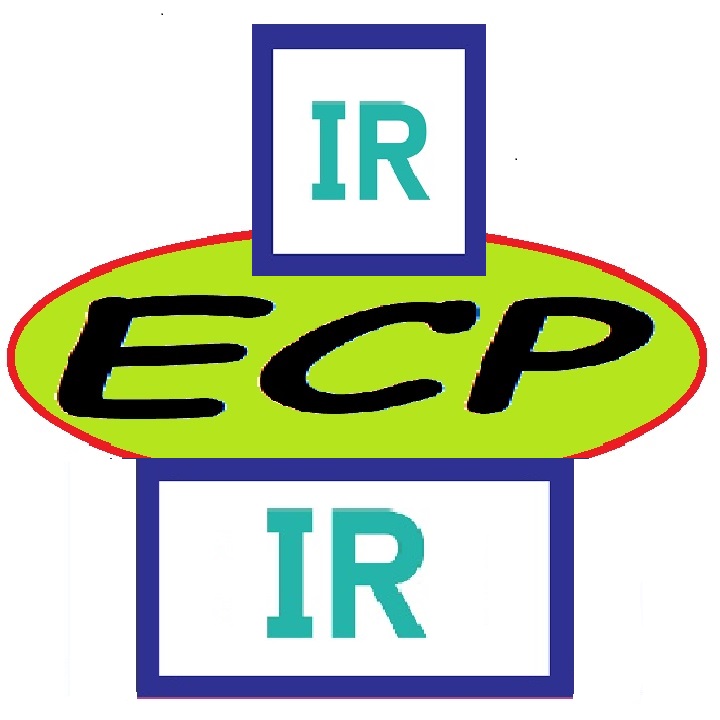
IRIS-fast-ECP-setup  Works
Works
 Works
Works


 6
6 3
3
What's new in this version
moved to archive

no maintenance or update
Purpose:
Testing ECP-based applications often take quite some effort for setup and preparation.
I have created a Docker-based workbench that allows you to have it quick at hands.
And if you crash it? You just give your containers a fresh start.
The whole setup runs code-based during the start-up of your instance.
In that sense, it is also a portable coding example using ZPM
and the objectscript-docker-template
It’s a fast setup of ECP client / server with almost no manual intervention
with everything included in the repository available from OEX.
Except:
As the default community-license doesn’t include multi-server-features (ECP) you might
have to use your own license or get a temporary loan license from WRC that you add to
the downloaded set from GitHub as ECP_iris.key before starting.
Installation:
From terminal/command prompt in the download directory run
docker-compose build
And it will prepare 2 containers for ECPserver and ECPclient.
They are pretty much the same except that they get a hostname: server and client
This allows communication between the containers based on network names
instead of dynamic (and unpredictable) DHCP addresses.
The internal ports for external access as SMP, … 1972,52773,53773 are published to
41773,42773,43773 for the server and 41443,42443,43443 for the client
Next, you launch both containers by
docker-compose up -d server
docker-compose up -d client
Don’t start containers together but in sequence, as it may take some time until
the whole configuration completes [only during the first startup] of the container.
For a simple reason I had to learn:
The final hostname is not available in the temporary containers during the build!
And there is obviously a difference!
In addition, the client can only connect when the server finished startup.
I experienced up to 120 sec until ECP was running stable and both startups completed.
Impatient people (as me) meanwhile watch the progress by
docker logs <containername>
It is exactly the output you see in messages.log
Testing:
You may either open a session to server or client by
docker-compose exec server iris session iris
docker-compose exec client iris session iris
or you use SMP at local ports 42773 or 42443
Test data:
In namespace USER Code and Data are stored in separated databases:
Code (Classes) are in database USER in both containers.
Data are stored in the database IRISLOCALDATA on the server
On the client, data from the same database are used as RemoteDatabase over ECP
Classes and test data are borrowed from SAMPLES in Caché and preloaded.
- Sample.Address
- Sample.Company
- Sample.Customer
- Sample.Employee
- Sample.Person
- Sample.USZipCode
- Sample.Utils
- Sample.Vendor
So trying, testing, extending, screwing this workbench by
your own Classes, Tables, Data, Queries are ready to go.
 PassedView report
PassedView report
